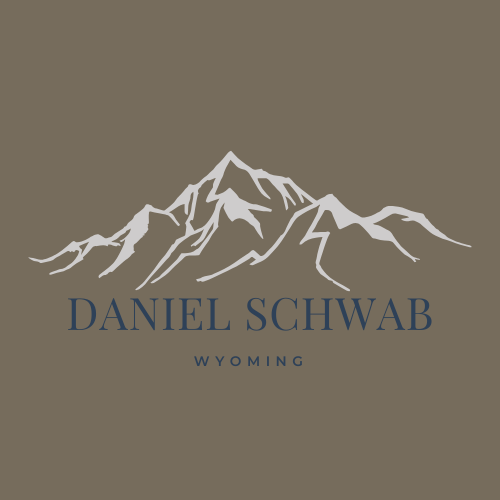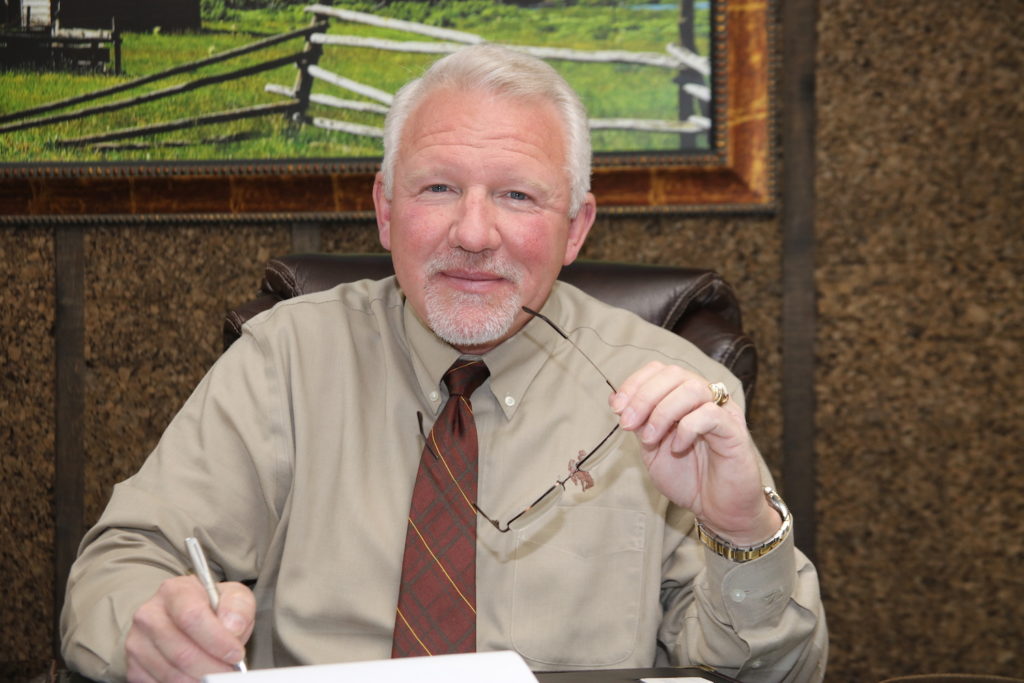Conservation groups asked to reverse a federal judge’s decision to uphold the Trump administration’s approval of oil and gas drilling in Wyoming’s Upper Green River Valley in May.
In 2018, the U.S. Bureau of Land Management approved Jonah Energy’s Normally Pressured Lance Project in Sublette County, Wyoming. It allows the company to develop 3,500 gas wells, 11 gas-gathering facilities, and hundreds of miles of pipelines and roads on critical habitat for sage grouse.
The proposed 40-year project also includes a migration corridor for pronghorn from Grand Teton National Park. This potentially forces two native species to become susceptible to human activity.
Western Watersheds Project joined the Center for Biological Diversity in suing the bureau over the policy changes that would allow the project to continue. The first policy would reverse the progress created between the western states and federal government that aimed to protect the sage grouse’s habitat while keeping the species off the endangered list. The second policy authorizes changes to the approval process where oil and gas companies seek and receive permission to drill on federal lands.
While in court, the groups argued that the bureau’s approval violated the Federal Land Policy and Management Act by disregarding an earlier sage grouse management plan and that the agency violated the National Environmental Policy Act by failing to acknowledge the impacts of the project and not considering reasonable alternatives.
In April 2022, U.S. District Judge Scott W. Skavdahl ruled against the groups, finding that the government’s policies complied with the National Environmental Policy Act and that the bureau did acknowledge the impacts in their environmental impact statement.
“The EIS did consider the potential adverse impacts to pronghorn,” Skavdahl wrote in his order, adding that the environmental impacts statement addressed that the proposed action would likely displace or disrupt pronghorn populations.
Skavdahl did not find that the bureau violated any laws by not obtaining baseline data on winter concentration areas for sage grouse before approving limited development while simultaneously testing the effects on the birds.
Before the Tenth Circuit panel, Western Watersheds attorney Wendy Park argued that the bureau’s failure to require phase development in sage grouse priority habitat violated the Federal Land Management Act’s requirement that all governing land use actions conform to the governing land use plans. She also argued that the bureau did not explain why it chose an alternative without phase development and failed to apply an exemption, implying that the required design was somehow discretionary.
In response, U.S. Circuit Judge Timothy Tymkovich said the bureau designed its approval to require Jonah to demonstrate certain factors when they seek exploration permits and there would be an evaluation of the resource impacts of drilling.
Park stated that the agency should include direction on how to do phasing up front. She also revisited Western Watershed’s argument that the bureau authorized gas well development across prime sage grouse winter concentration areas without considering the harm to the birds’ population.
When asked why it was appropriate for the bureau to use the project to test its effects, Bureau attorney Sommer Engels reiterated that the project approved limited development in winter concentration areas and that any resulting disturbances would be analyzed at the site.
“This project does not authorize any site-specific disturbance, but the agency also explained that the information it was looking to collect through that additional analysis was not the sort of baseline information that petitioners assert,” Engels said.
Instead, the attorney said the information was a “more refined, more sophisticated, more nuanced understanding of information they already had.” As for the project’s effect on pronghorns, Engels stated the project addressed could be potential effects on migration but the migration path occurs outside of the project area.
The panel took the matter under submission and did not say when or how it would rule.


